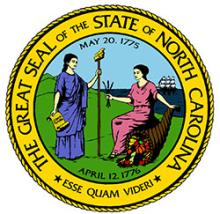Holding Their Breath in Bradley
Cleveland Utilities (CU), serving Bradley County, is carefully searching for the best way to improve connectivity for its southeast Tennessee customers. After exploring a number of possibilities, CU sees a partnership with Chattanooga's EPB as the brightest opportunity but their collaboration rests on lawmakers in Nashville or the U.S. Court of Appeals.
The Need Is There, The Neighbors Are Close
CU President, Ken Webb knows the community needs and wants something better than AT&T for Internet access or cable TV from Charter Spectrum, especially in rural areas. Residents and business owners have gathered at community meetings. Local community leaders have passed resolutions asking the state to roll back restrictions and contacted CU directly but the utility's hands are tied as long as state barriers remain in place.
For over 7 decades, CU has served residents and businesses, providing electricity, water, and sewer. After a 2015 feasibility study revealed a $45 million estimate to build out a triple-play fiber to the entire county, CU began considering a limited pilot project.
They have been talking with their neighbors, EPB, about the possibility of partnering for some time Webb told the Times Free Press:
"We don't want to reinvent the wheel," Webb said Tuesday. "We continue to study our options (for adding telecommunications services), but we would prefer for the state to allow us to have the option of working with EPB."
Waiting...Waiting...Waiting
Right now, the prospect of fiber in Bradley County appears to hinge on two possible outcomes. First, if last year's FCC decision to roll back state barriers is affirmed by the U.S. Court of Appeals for the Ninth Circuit and legal review stops there, the EPB will not need to worry about a legal challenge.



